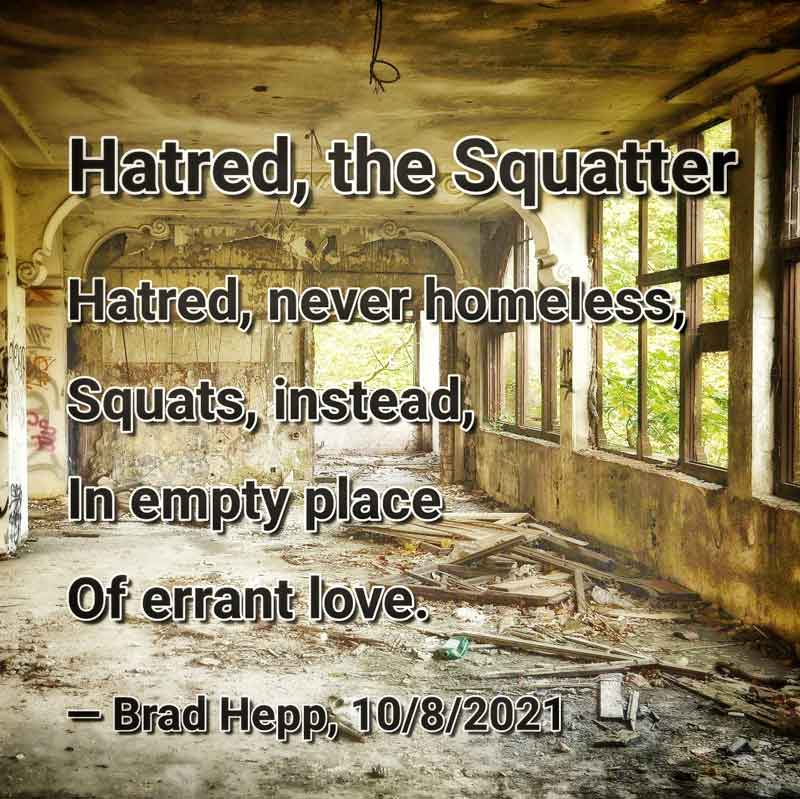
Commentary
I wrote this first thing this morning, after giving up on a restless night. About 2 or 3 am, I woke up, and could tell I wouldn’t be getting to sleep soon. So I used my monthly credit at Audible and downloaded “The End of The Affair” by Graham Greene. That title intrigued me ever since a theologian I respect recommended it to a fellow writer in response to the request, “…name one (and only one) novel that you recommend I should read?” The Audible version has the bonus of being read by Colin Firth.
So, by 7 am, I had listened to at least half of the novel. Admittedly, I dozed off during parts, but a check on synopsis sites tells me I didn’t miss much….
“Errant Love”
This is the only line I’ll expand on in this commentary. “Errant” usually means something like “erring or straying from the proper course or standards.” That definitely describes the illicit affair referred to in the book’s title. I won’t describe that here. In fact, I wouldn’t want to make a regular diet of this kind of material.
But “errant” has a more archaic meaning of something like being “out on an adventure.” When the thrill seeker wanders from home, he vacates his usual place… leaving it empty. Thus, the “empty place of errant love.”
The main character in the book — Maurice Bendrix — says very early on that “This is a record of hate far more than of love.” While I don’t know much about affairs (thank God!), I do know about hatred. I have felt it. I see it, almost daily, in the most unlikely places. It occurs to me that it only takes up residence where love has abandoned its rightful place, or where love is disordered.
The Background Image
The background image (adapted from a photo by Susann Mielke on Pixabay) was suggested by the setting of Greene’s novel: 1944 London, during the German blitz. The V-1 “robot” bombs buzz in from the South and make a mess of Bendrix’s apartment. In the process, they change everything, including Bendrix’s relationship with his love interest, Sarah.
“Change” Poems:
Previous: When Every Hill’s a Place to Die
Next: The Most Important War
